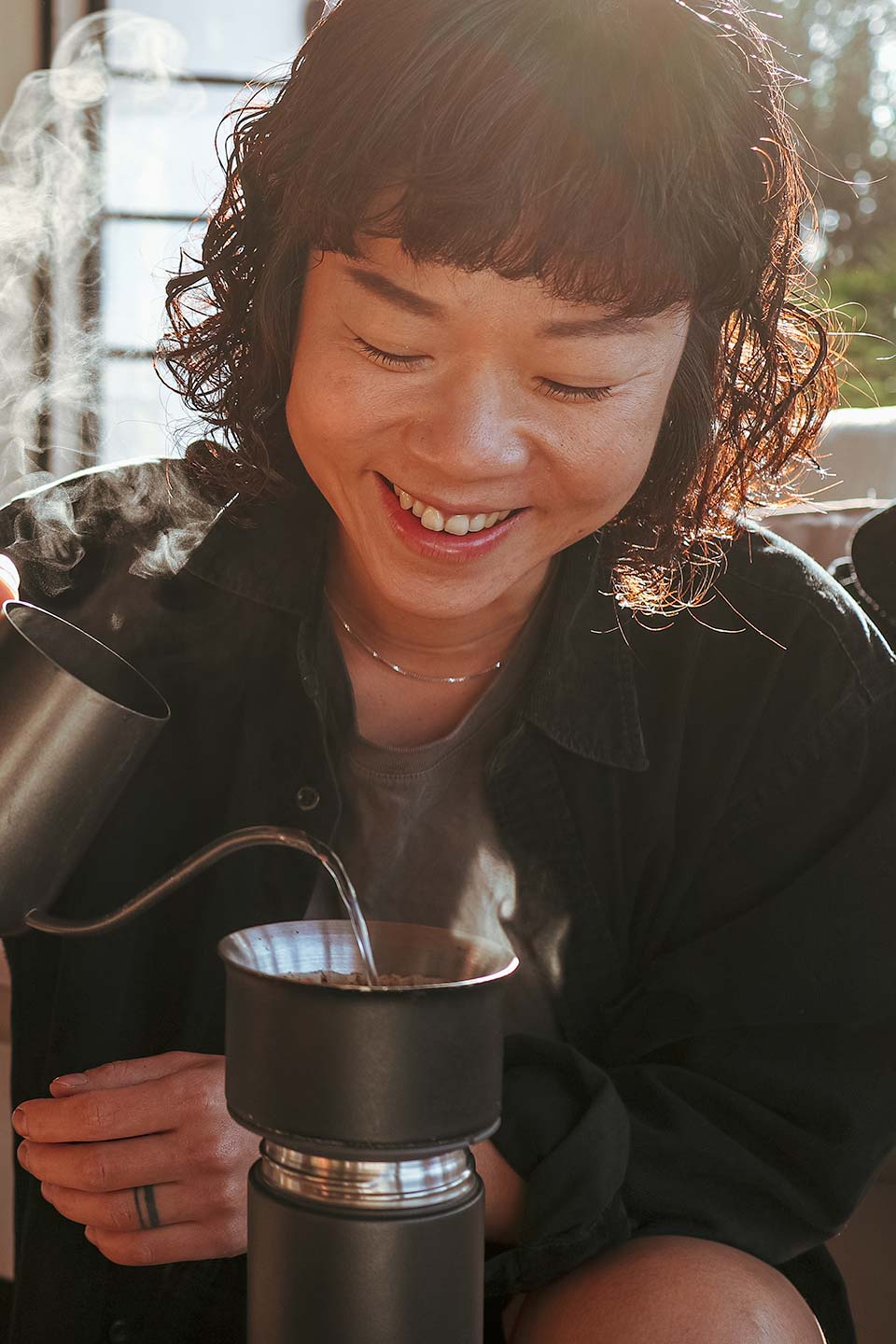
Ethical Choices to Build Better Society and Coffee Industry
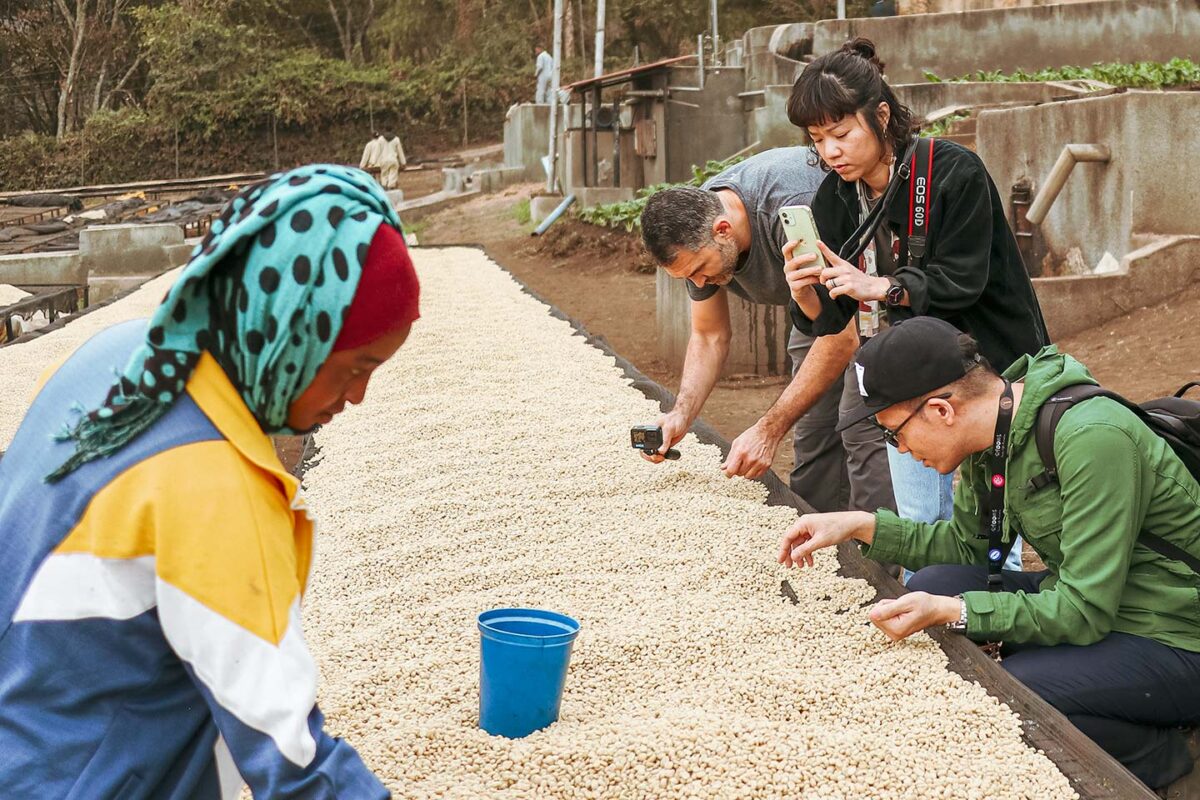
Berlin-based 19grams Coffee Roasters serves delicious, in-house roasted coffee while striking a balance between a profitable and ethical business. Mars Ng began her career in coffee seven years ago as a barista. She joined 19grams in 2017 and is now a roaster and the Head of Production. Mars shares how her experience with TYPICA’s Lab visit to Tanzania and Kenya gave her a new perspective on coffee.
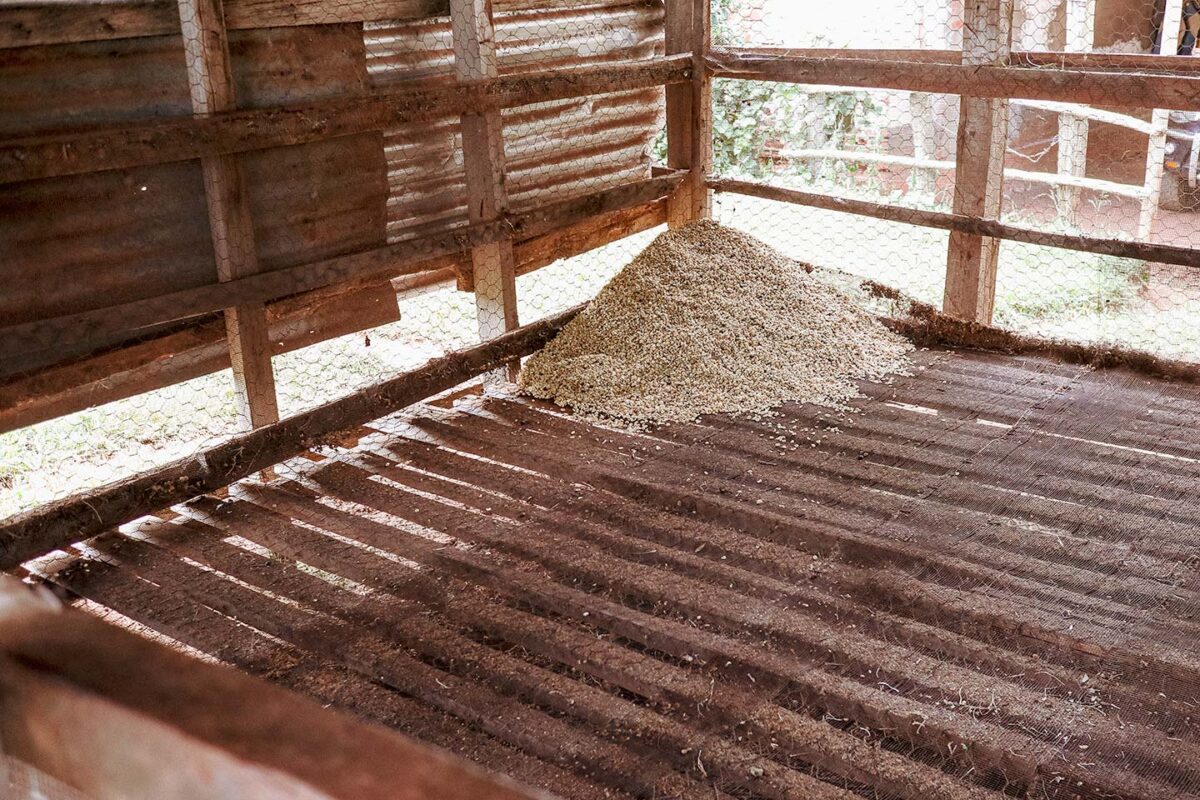
Buying based on trust
I’ve been to origins before for coffee competitions. The focus of the trip was very much on cupping, and while we did visit farms, it was only a couple, and very briefly.
So the origin trip with TYPICA was a very different experience for me. This time it was more about spending time with the producers, learning about their farms, who they were and their visions.
To be honest, there’s so many good coffees out there. Import and export companies share photos and stories as part of their marketing, but it doesn’t stand out or move you to purchase from this or that person. That information doesn’t really tell you who they are, what struggles they are facing.
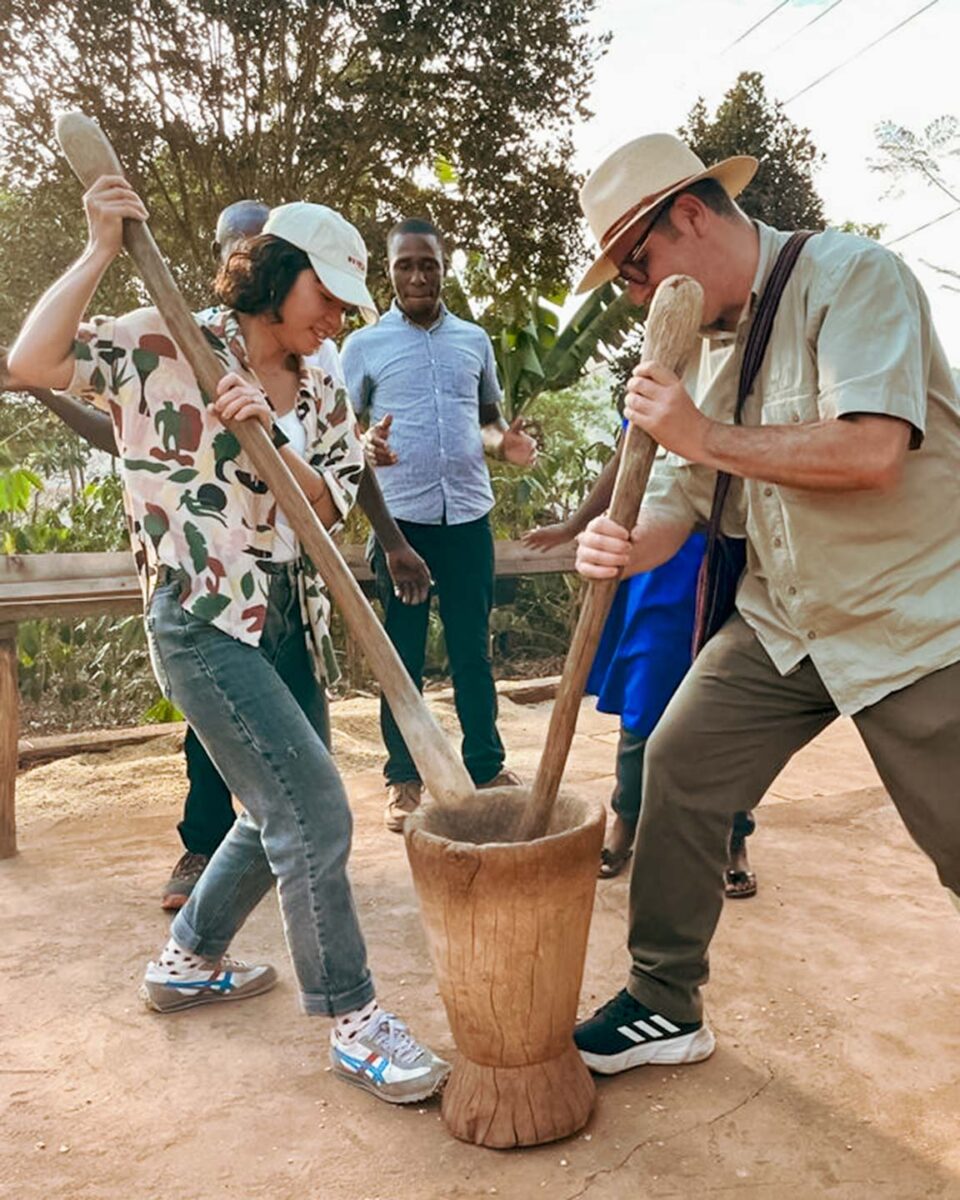
But this time, actually meeting the producers personally made me want to choose them. Having that relationship with a certain passionate producer gives you an extra reason to buy their coffee. I could see that with direct trade, it would help develop a good, long-term relationship and we could work together to improve the quality. I’d like to increase our direct trade in the future.
Ideally, we’d like to talk to every producer we buy from and build up a relationship with them. However, we don’t have the resources or the scale of business to send someone to every origin we purchase coffees from. After all, direct trade is not the only ethical way to purchase coffee. As long as we choose importers who share our values, then even if it’s not direct, purchasing through them will also support the producer.

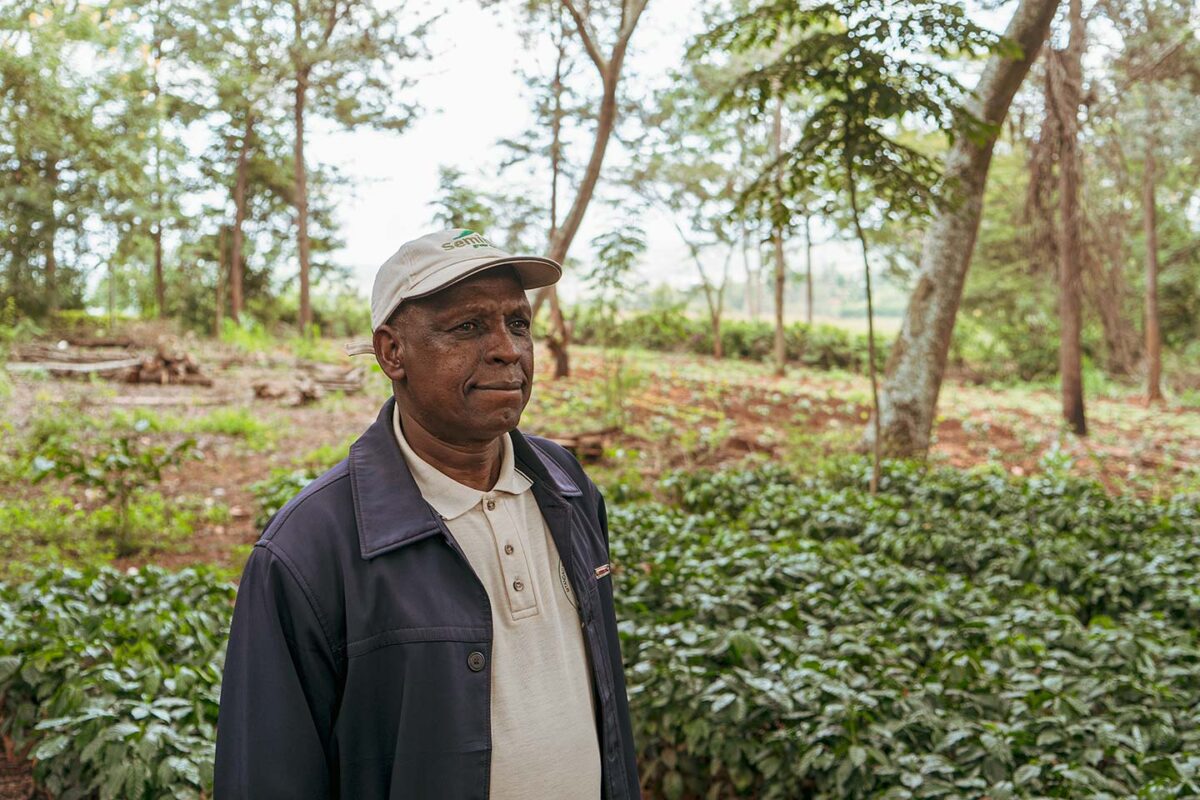
Better choices for a better world
I’ve always known that if we want to improve the coffee industry, and society in general, we need to make sure that we are paying a fair price for coffee. But when we select coffee, we’ve always based our decision on taste, quality, marketplace and price. Then I met producer George in Tanzania and he inspired me to change.
He has very limited resources and equipment, but he was still trying so hard to make his coffee quality better. He mentioned how he’s giving seeds to the other neighboring farms, hoping that they would also produce specialty coffee.
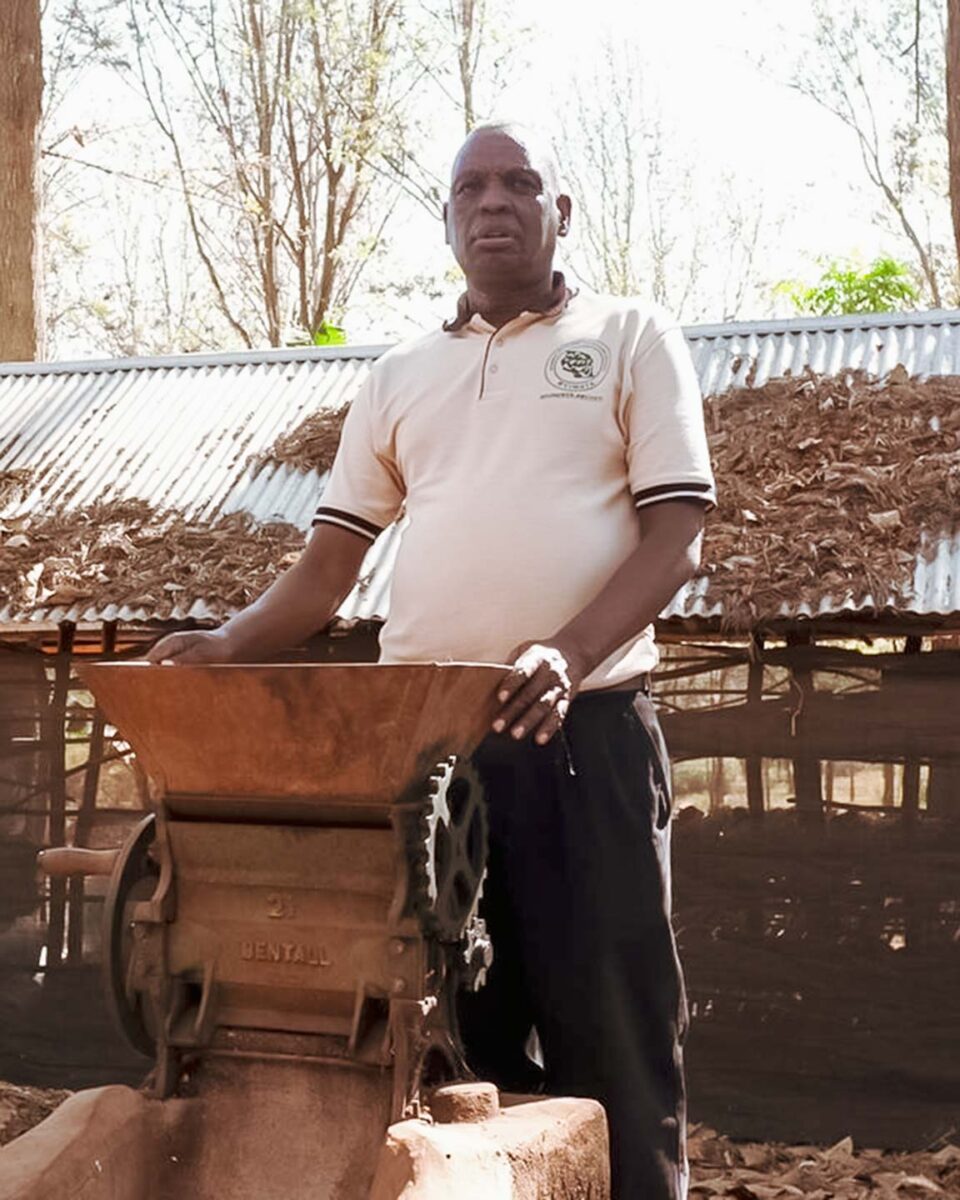
Even though we didn’t choose his coffee this time as his offering at the moment didn’t meet our needs, we still believe that what he is doing is something really, really inspiring, and worth supporting. And we believe that if we support TYPICA, we are indirectly supporting George still, and hopefully his farming and processing conditions can be improved.
Meeting George has had a profound effect on me. When buying beans, I want to consider the ethical aspect, the human factor, and think of the purchase as a way to support a particular person/family and their dreams. Of course, we are not omitting the criteria we always have (quality, price, etc.), but adding this as an extra consideration.
My biggest takeaway from this trip was a greater awareness of what can benefit the industry and society. Giving support to whoever needs it most is something that can make the whole industry healthier and more sustainable, and this trip really opened my eyes to that. Reading about it and seeing it in person are very different.
In the end, it’s not just about the company I’m working at or me as an individual. It’s about making better and more ethical choices in general. That’s not limited to coffee. It could be packaging, food, anything we buy, any service that we use. I can’t always be 100% sure that I have made the best choice. But it will always be in my mind to try my best to make a better, more ethical choice.

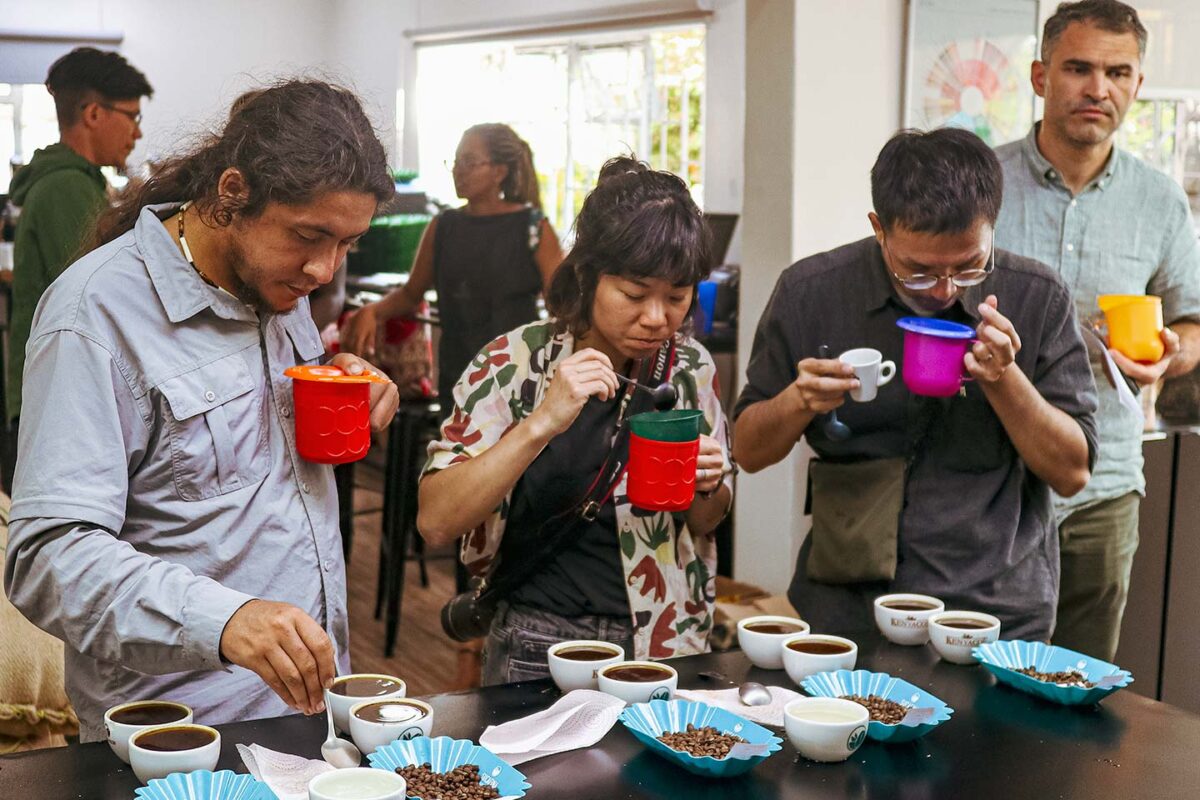
Sharing is caring
Once or twice a month, I host a public cupping. It’s not part of my job, it’s something I do in my own time. Most of the people who come along are either baristas or home-brewers. I want to give people the opportunity to access specialty coffee regardless of their experience or background, and build a coffee community where everyone is welcome.
Unfortunately, only roasters are included in most cuppings. There are not many opportunities for baristas and other coffee enthusiasts to participate in cuppings. No matter how much you love coffee, unless you are an experienced professional, it’s unlikely you’ll have the opportunity to take part in cupping.
And even if they do get a chance, they might feel intimidated by everyone else’s knowledge and experience, be too scared to say what they think, and then lose interest altogether. That would be a huge loss for the industry. We would like more passionate people in the coffee industry. It’s hard to be passionate about something that you have no idea about. Hence, education is key.
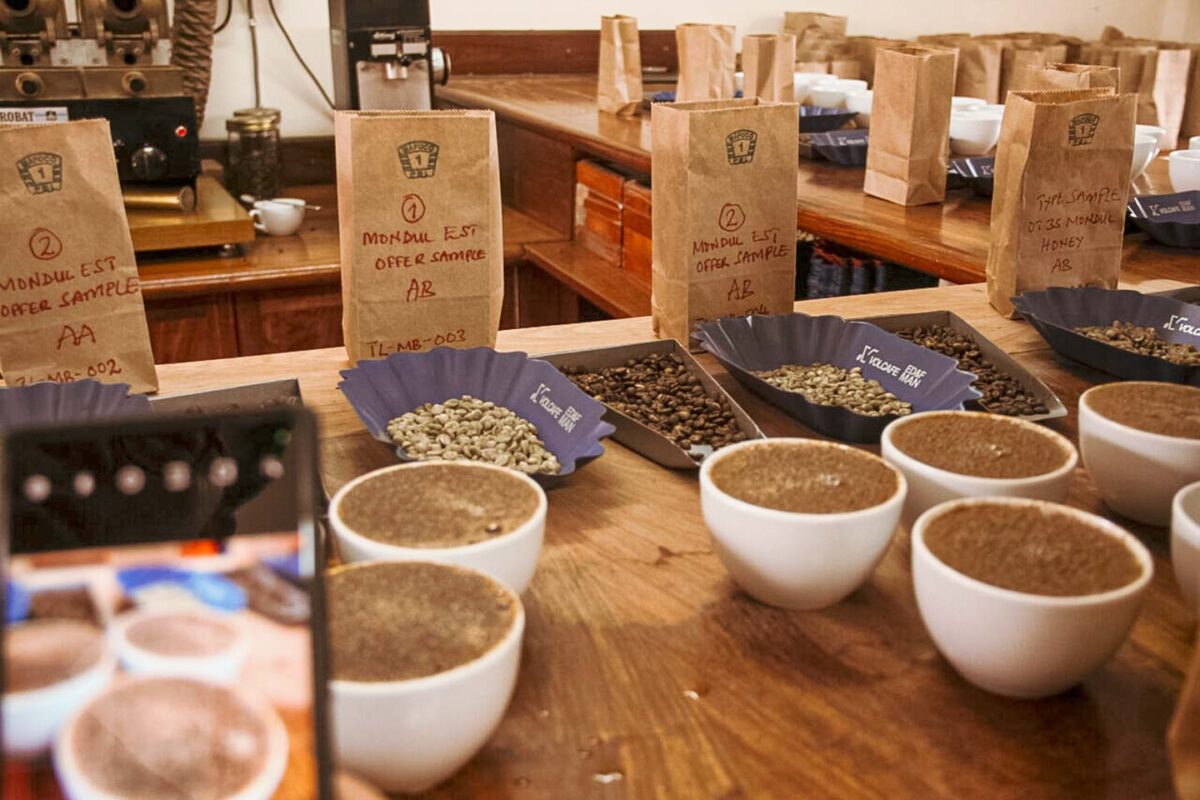
If people feel intimidated because they don’t know much and we just exclude them, then they would never learn more or become more interested. We’d lose the chance to get them to fall in love with coffee. And I think that’s why I want to provide a space where people can express their opinion, without feeling intimidated or judged. To be honest, sometimes I learn about tasting from people who don’t have any coffee experience. They have tasting notes that are not limited to the “industry words”, something that I never thought of.
That’s partly because of my own experience. When I started in coffee, I didn’t know much about coffee and I remember the very first time I went to a cupping. I felt very intimidated because everyone would taste the coffee and say what notes they could sense, and what they felt, but back then I had no idea what they were talking about. But I was too scared to say anything.
So for me it’s important to make coffee as accessible as possible, so that more people can become passionate about it. “Sharing is caring” is not just a motto for me, it’s something I really believe in.
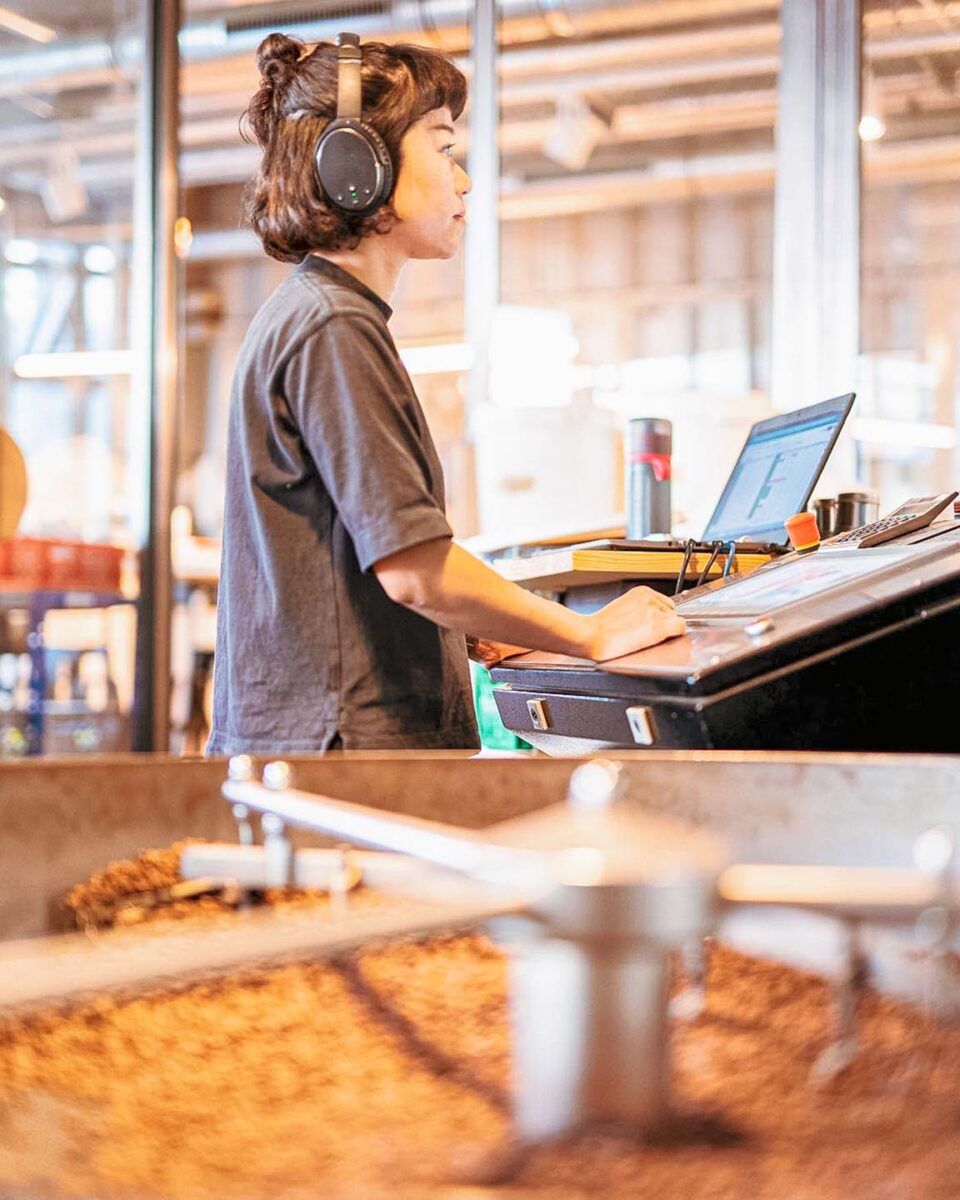
Believing in human nature
I used to work as a hotel manager. I was doing quite well with my job and I was making decent money, but as I was getting older, I realized I couldn’t keep doing a job that I’m not passionate about. There was nothing about it that brightened me.
With coffee, I’ve always liked it, so I thought, “I wish I knew how to make a good coffee!”, and it started from there. I started off as floor staff in a cafe, and then became a barista. The more I learned about coffee the more I fell in love with it. Coffee is so diverse, with so many possibilities, like different origins and different processing. Everything tastes so different. It was when I realized that coffee cannot be simplified as one drink.
Seven years on, I’m even more passionate about, and more in love with coffee than ever. As long as I’m working in this industry, I want it to get better, and I want to find a way to make it better. I don’t know how to explain it, but I’m the type of person who always steps up to try to do the right thing, or try to protect the people who have lesser rights or authority. That’s just who I am.
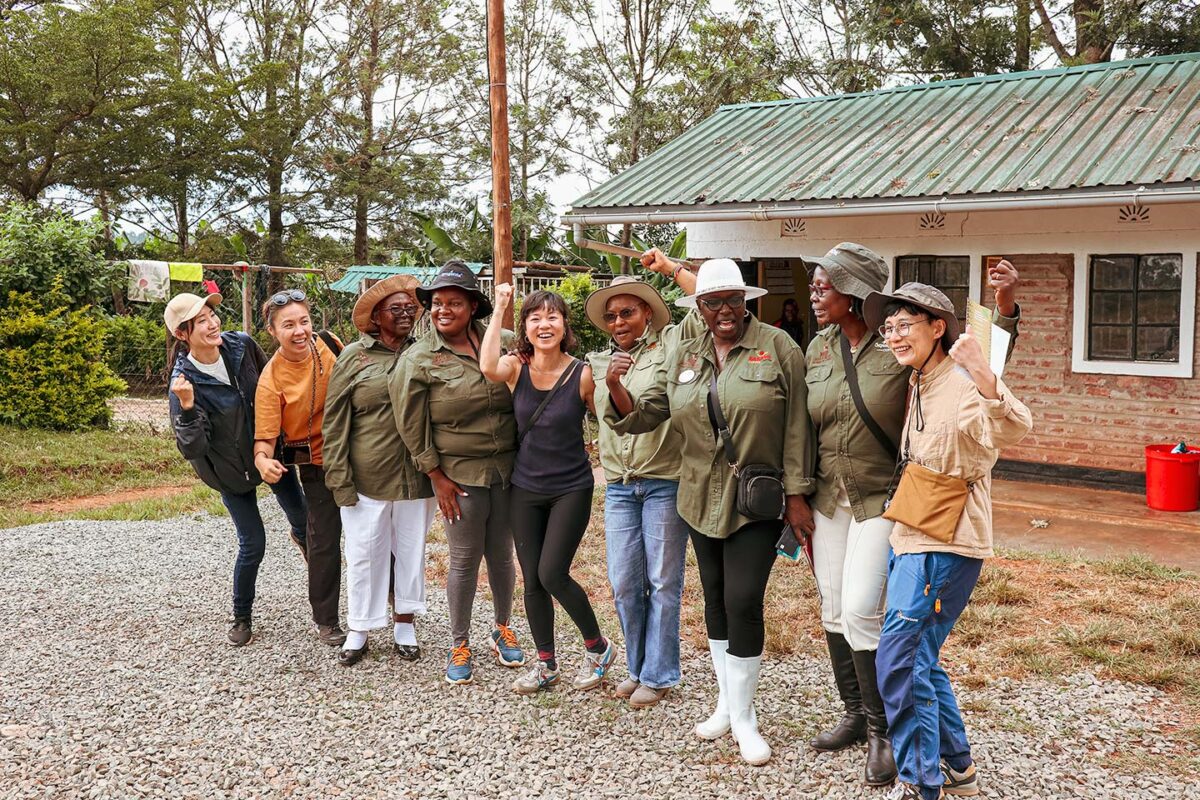
I want the world to become better, and I think that’s something that most people naturally want. Like when something terrible happens in the world, most people feel sad and empathetic. So while we might not always agree with each other, I do believe that most people are trying to do the right thing.